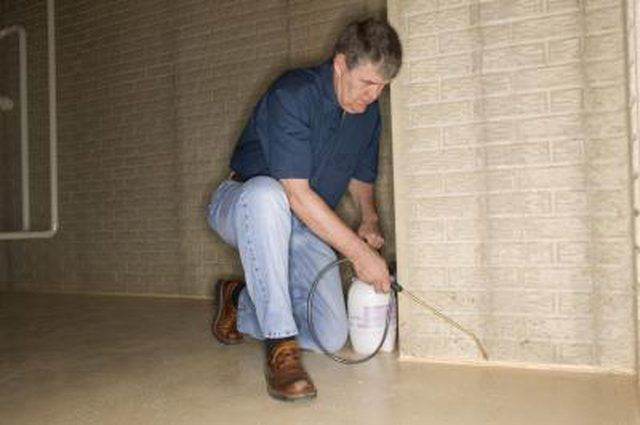Bulbs
Flower Basics
Flower Beds & Specialty Gardens
Flower Garden
Garden Furniture
Garden Gnomes
Garden Seeds
Garden Sheds
Garden Statues
Garden Tools & Supplies
Gardening Basics
Green & Organic
Groundcovers & Vines
Growing Annuals
Growing Basil
Growing Beans
Growing Berries
Growing Blueberries
Growing Cactus
Growing Corn
Growing Cotton
Growing Edibles
Growing Flowers
Growing Garlic
Growing Grapes
Growing Grass
Growing Herbs
Growing Jasmine
Growing Mint
Growing Mushrooms
Orchids
Growing Peanuts
Growing Perennials
Growing Plants
Growing Rosemary
Growing Roses
Growing Strawberries
Growing Sunflowers
Growing Thyme
Growing Tomatoes
Growing Tulips
Growing Vegetables
Herb Basics
Herb Garden
Indoor Growing
Landscaping Basics
Landscaping Patios
Landscaping Plants
Landscaping Shrubs
Landscaping Trees
Landscaping Walks & Pathways
Lawn Basics
Lawn Maintenance
Lawn Mowers
Lawn Ornaments
Lawn Planting
Lawn Tools
Outdoor Growing
Overall Landscape Planning
Pests, Weeds & Problems
Plant Basics
Rock Garden
Rose Garden
Shrubs
Soil
Specialty Gardens
Trees
Vegetable Garden
Yard Maintenance
How to Keep Wasps From Building Nests
How to Keep Wasps From Building Nests. Wasps can be a nuisance to humans, but they do benefit your yard and garden because they prey on other insects that can destroy landscaping. However, if you are severely allergic to their venom, or if they get too close for comfort, wasps can become a problem. While no surefire techniques to prevent wasps from...
Wasps can be a nuisance to humans, but they do benefit your yard and garden because they prey on other insects that can destroy landscaping. However, if you are severely allergic to their venom, or if they get too close for comfort, wasps can become a problem. While no surefire techniques to prevent wasps from building a nest exist, you can take steps to discourage nest building near your home.
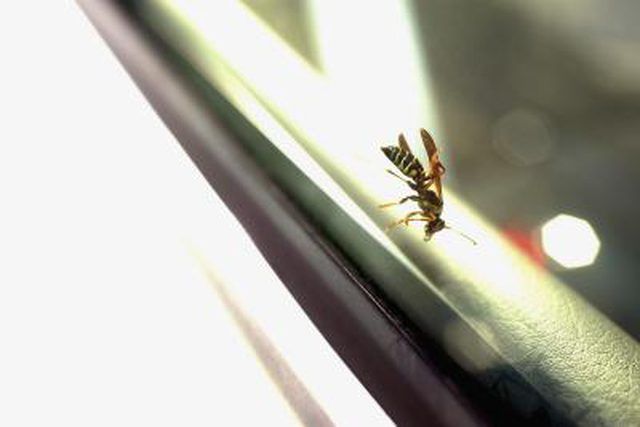
Things You'll Need
Decoy wasp nest
Airtight garbage can
Sealant
Dryer sheets
Pesticides
Goggles
Mask
Gloves
Step 1
Search for open entry points in your home. Check for cracks in door frames and window frames, unsealed vents and torn screens. Paper wasps can build nests inside your walls, so use a sealant to close off all possible means of access.

Step 2
Buy a garbage can with an airtight lid. Wasps will forage for food anywhere, and if your discarded food is easy for them to find, they are likely to build nests nearby.
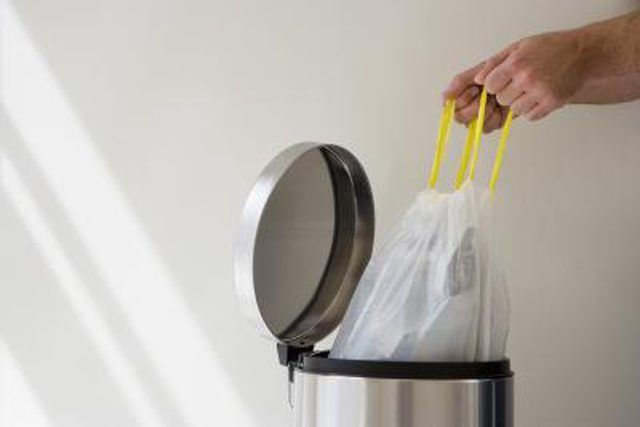
Step 3
Wipe any spills and clean up any crumbs after eating outdoors. If wasps find anything worth eating on your patio, they will come back.
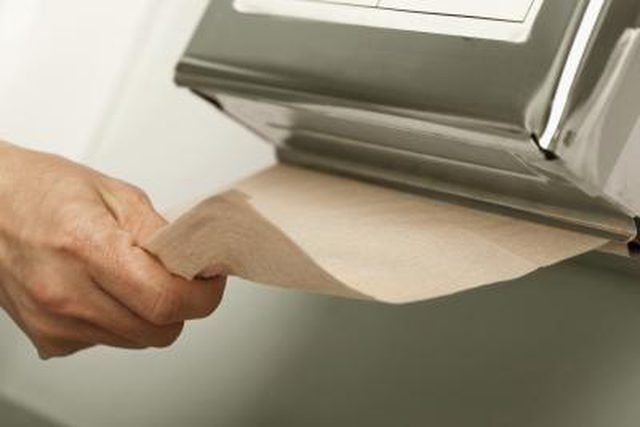
Step 4
Place decoy wasp nests around your home. You can buy them at a gardening supply store or online. Wasps tend to avoid other wasp nests, so the fake ones will trick them into staying away. Decoy nests are a safe and environmentally friendly alternative to using pesticides.
Step 5
Hang clothes dryer sheets around your home. Dryer sheets seem to repel wasps.
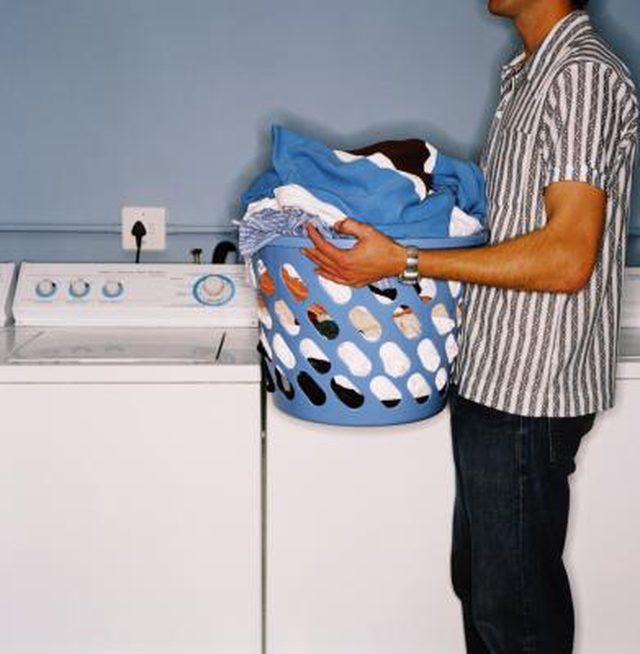
Step 6
Spray store-bought chemical pesticides around your home. If you have pets or small children, be sure to keep them away from areas you spray. Protect your eyes, mouth and skin from the chemicals with goggles, a mask and gloves.
